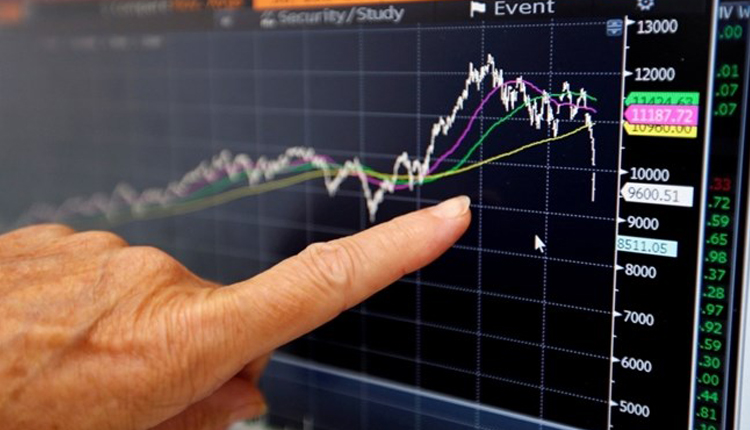European stocks slumped by Friday’s close, amid heightened fears surrounding the state of trade between the U.S. and other major economies.
The pan-European Stoxx 600 fell 0.8 percent by the provisional close. On the week, however, the pan-European index closed down just 0.34 percent. Almost all sectors ended Friday in negative territory, with travel and leisure being the only industry to hold onto its gains.
Bourses across the region saw heavy losses by the finish, with the U.K.’s FTSE 100 falling 1.11 percent, the French CAC 40 having dropped 1.3 percent and the German DAX ending down 1.04 percent. All peripheral indexes closed in the red.
Automakers were Europe’s worst performers Friday, with the sector tumbling 1.55 percent after President Donald Trump reportedly said the European Union’s proposal to eliminate auto tariffs was “not good enough.” The U.S. president also told Bloomberg on Thursday that the bloc’s trading policies were “almost as bad as China.” Michelin, Continental and Pirelli all fell 1.9 percent or more by the close.
Looking at individual stocks, Britain’s Whitbread surged to the top of the European benchmark after the company said it had agreed to sell coffee chain Costa to Coca-Cola for an enterprise value of £3.9 billion ($5.1 billion). Shares of Whitbread — which also owns the Premier Inn hotel brand — came off session highs, to close up 14.3 percent.
On the other end, Sage was one of the STOXX 600’s biggest losers, down over 7.5 percent, after the British software firm announced Chief Executive Officer Stephen Kelly is set to leave next year. The group’s chief financial officer, Steve Hare, will run the business until a new CEO is appointed.
Another weak performer was Edenred, which sank 5 percent after Berenberg cut the French group’s rating from “hold” to “sell.” Meantime, Lufthansa was cut to “sell” by Citi, leading shares to fall almost 4 percent.
Europe’s worst performer was Casino, which saw shares tank over 10 percent amid concerns over its debt burden. According to Reuters, short seller Muddy Waters stated on Twitter that one of the retailer’s subsidiaries hadn’t filed its 2017 accounts. A company spokesman responded, stating that the delay was simply “technical” and would be available next week, Reuters added.
Market focus is largely attuned to global trade developments, following a report that Trump could be preparing to step up a trade dispute with China. Investors were also concerned about emerging market currencies, after Argentina’s peso continued to fall in the previous session.
On Thursday, Bloomberg reported that the U.S. administration was on standby to impose more tariffs on $200 billion worth of goods from Beijing as soon as next week. The president also threatened to withdraw the U.S. from the World Trade Organization, (WTO) if they do not “shape up,” escalating fears over global trade turmoil.
In markets overseas, most Asia-Pacific indexes posted losses as concerns over the trade war between the States and China resurfaced. On Wall Street, stocks were mostly lower around Europe’s close as the U.S. and Canada neared a key trade agreement deadline with no apparent resolution.
Friday marks the U.S.-imposed deadline for a new trade deal to be secured by the U.S., Mexico and Canada. While Mexico and the U.S. have already announced a bilateral trade deal, Canada has yet to secure its place. Representatives from both Canada and the U.S. worked until late Thursday to devise an alternative to the current NAFTA deal. However, Canada’s trade minister has stated that they are working to “get the right deal, not any deal,” according to Reuters.
On the data front, euro zone inflation slowed in August, supporting the European Central Bank’s (ECB) view that a recent spike may prove to be short-lived.
Inflation in the 19 countries sharing the single currency eased to 2 percent this month, down from 2.1 percent in July, according to data from Eurostat. The ECB targets inflation at just below 2 percent.
Source: CNBC


